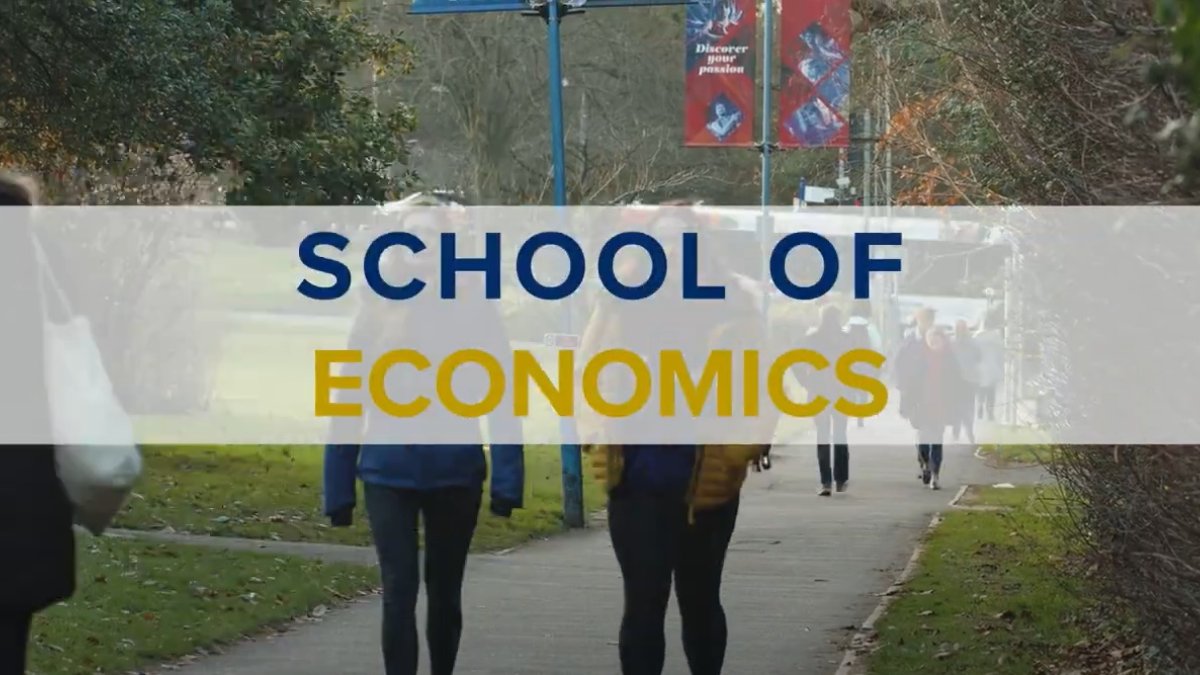Economics
Ranked in the UK’s top 10 for world-leading research in the Research Excellence Framework (REF) 2021, we act as economic advisers to inform governments, institutions and organisations, and use these real-world applications in our teaching to give our students an insight into industry.
Study with us
We offer a range of undergraduate, postgraduate and research courses. We also deliver a host of CPD and short courses.
Research
Our research is built upon a commitment to theoretical and rigorously founded, applied work.
Events
Our staff members
Professor Holger Breinlich
Professor of Economics
Stay connected
Latest tweets
@economicssurrey

Another excellent and well-deserved publication outcome for Martin. https://t.co/rUfRYzpLUf

PhD studentship available on electric cars https://t.co/7JJ02O3iiX

Job advert for a researcher to work with our colleague Mona Chitnis on a new project about the demand for electric… https://t.co/zLrVPSIEzV








